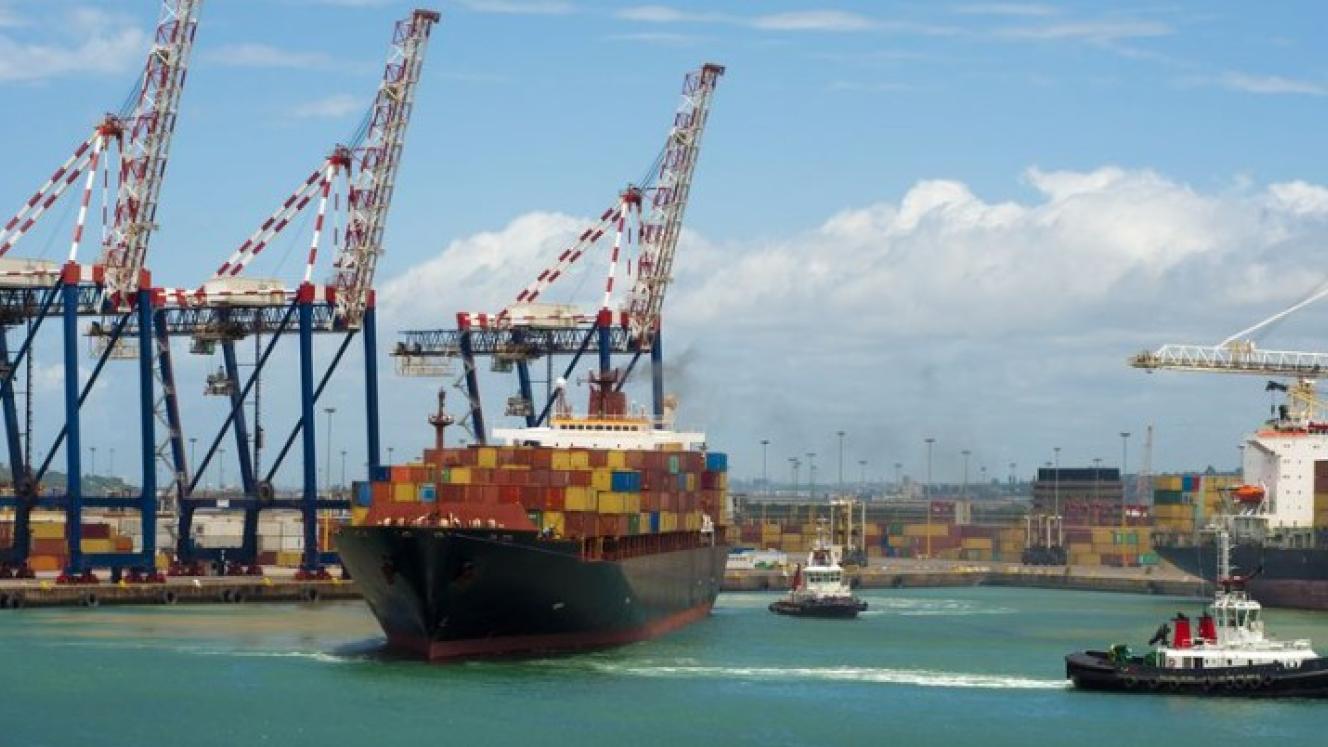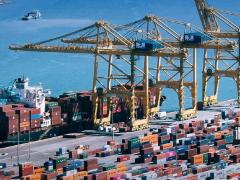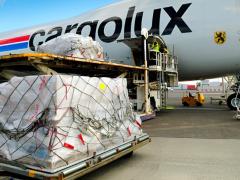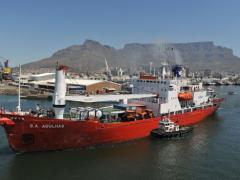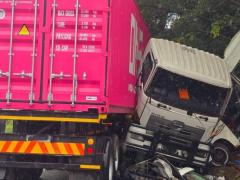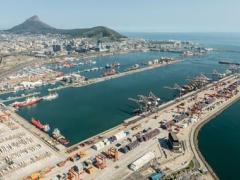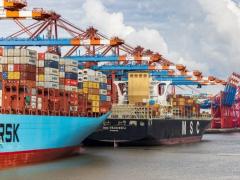The International Air Transport Association (IATA) has called on African governments to prioritise aviation as a catalyst for economic growth, job creation, connectivity and social development.
According to Iata, the aviation sector is a vital economic driver, contributing $75bn to GDP and supporting 8.1m jobs on the continent
“The continent’s aviation market is projected to grow at 4.1% over the next 20 years, doubling by 2044,” IATA regional director of External Affairs for Africa, Somas Appavou, said on Wednesday.
“More important than the growth of the sector is the impact that a successful aviation industry has on social and economic development. As governments prioritise how to deliver their agendas with limited resources, it is critical to recognise that supporting aviation underpins jobs, trade, and tourism.”
IATA outlined three key priorities for African governments to unlock aviation’s potential:
- Improving safety: African aviation safety has progressed but it lags the global average in implementing International Civil Aviation Organization (ICAO) Standards and Recommended Practices (SARPS), with an average effective implementation rate of 59.49% across 46 of 48 sub-Saharan African states, compared with the global average of 69.16% and a target of 75%. In 2024, runway excursions – incidents where an aircraft veers off or overruns the runway surface during take-off or landing – were the most common among Africa’s 10 reported accidents.
- Reducing taxes and charges: Air travel in Africa faces taxes and charges 15% higher than the global average, stifling demand.
“It is critical that governments understand that the greatest value that aviation brings to an economy is catalytic. Transporting travellers and goods stimulates job creation. Destroying demand with excessive taxation puts a brake on economic and social development,” said Appavou.
Where charges fund infrastructure, Iata stresses the need for cost-efficient, scalable solutions developed in coordination with the industry.
- Resolving blocked airline funds: As of May 2025, $1 billion in airline revenues – 73% of global blocked funds – are trapped across 26 African countries, violating international treaties. This forces airlines to cut routes or frequencies, undermining connectivity. IATA calls for governments to honour obligations and remove barriers to revenue repatriation.
“These challenges are not new but solving them is urgent. That’s why IATA launched the Focus Africa initiative in 2023, working hand-in-hand with governments, industry, and development partners to deliver real improvements in safety, affordability and connectivity,” Appavou said.
“Aviation is not a luxury. It is an economic and social lifeline. Focus Africa is about turning potential into jobs, growth and prosperity.”
IATA added that the Carbon Offsetting and Reduction Scheme for International Aviation (Corsia) was currently in its voluntary phase (2024-2026), with mandatory reporting starting in 2027. Twenty African states are among the 129 participating countries.

